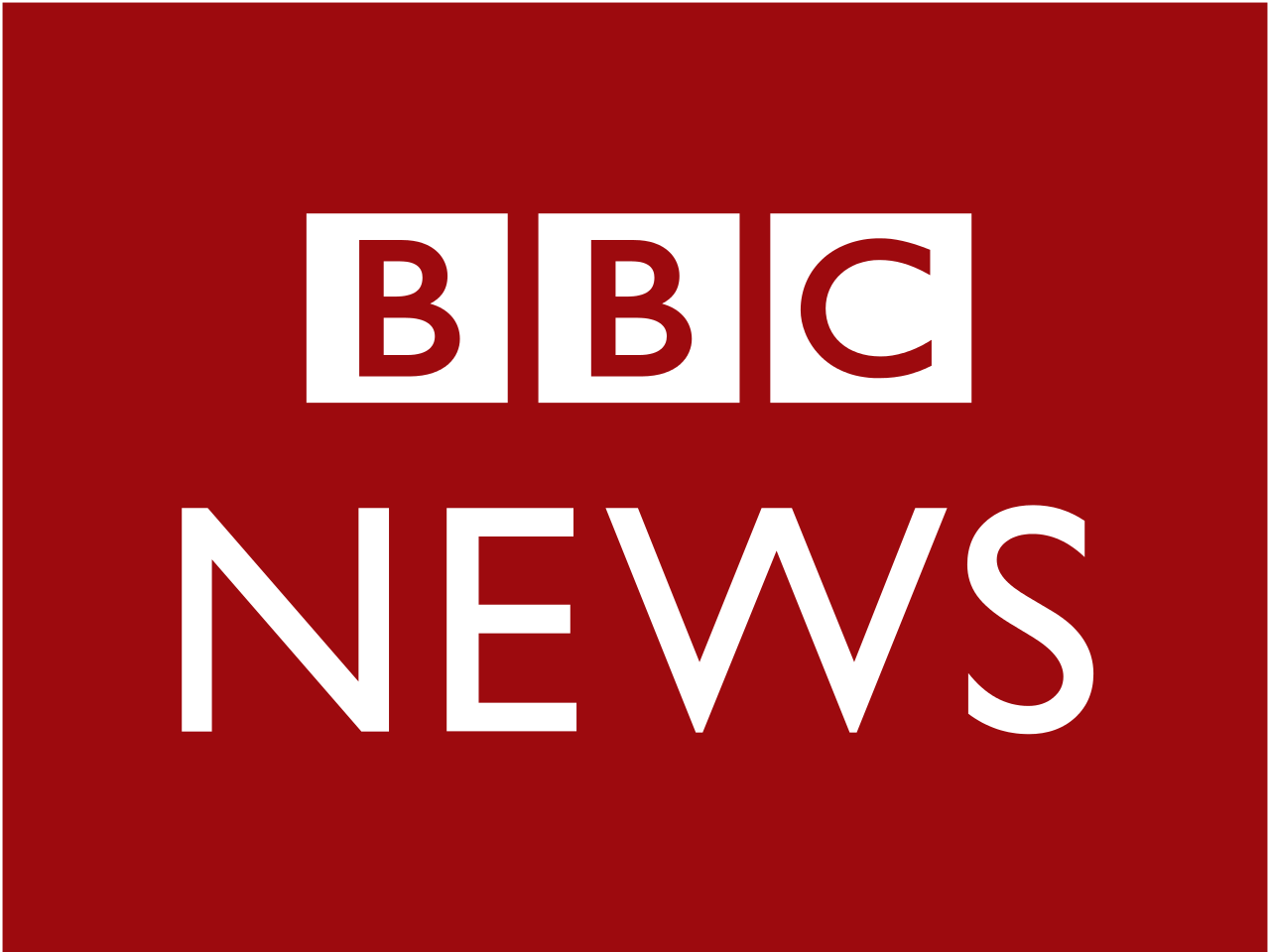What is COP28 in Dubai and why is it important?

Why is holding COP28 in Dubai controversial?
The UAE is one of the world's top 10 oil-producing nations.
It has appointed the chief executive of the state-owned oil company, Sultan Al Jaber, president of the COP28 talks.
Oil - like gas and coal - is a fossil fuel. These are the main causes of climate change because they release planet-warming greenhouse gases like carbon dioxide when burned for energy.
But Mr Al Jaber's oil company plans to expand production capacity.
"It is the equivalent of appointing the CEO of a cigarette company to oversee a conference on cancer cures," campaign group 350.org has said.
Mr Al Jaber argues he is uniquely well-placed to push for action from the oil and gas industry. And, as chairman of renewable energy firm Masdar, he has also overseen the expansion of clean technologies like wind and solar power.
Why is COP28 important?
It is hoped COP28 will help keep alive the goal of limiting long-term global temperature rises to 1.5C. This was agreed by nearly 200 countries in Paris in 2015.
The 1.5C target is crucial to avoid the most damaging impacts of climate change, according to the UN's climate body, the Intergovernmental Panel on Climate Change (IPCC).
Long-term warming currently stands at about 1.1C or 1.2C compared with pre-industrial times - the period before humans started burning fossil fuels at scale.
However, the world is on track for about 2.5C of warming by 2100 even with current pledges to tackle emissions. The window for keeping the 1.5C limit in reach "rapidly narrowing", the UN says.
What will be discussed at COP28?
Progress towards the Paris goals will be a focus, but COP28 will concentrate on:
- fast-tracking the move to clean energy sources, to "slash" greenhouse gas emissions before 2030
- delivering money for climate action from richer to poorer countries, and working on a new deal for developing nations
- focusing on nature and people
- making COP28 the "most inclusive" ever
There also will be themed days on issues including health, finance, food and nature.
Who will be at COP28?
More than 200 governments are invited, although the leaders of many countries such as the US, China and India are still to confirm whether they will go. UK Prime Minister Rishi Sunak has said he will attend.
Environmental charities, community groups, think tanks, businesses and faith groups will also take part.
Hundreds of delegates with links to fossil fuels attended COP27 last year.
What are COP28 sticking points likely to be?
There is likely to be disagreement about the future of "unabated" fossil fuels - coal, oil and gas which are burned without technologies to capture their emissions.
Mr Al Jaber has called for a "phase down" in their use, meaning a reduction over time, but not a complete end. However, the European Union is expected to push for a full "phase out".
Climate campaigners point out that restricting agreements to "unabated" fossil fuels would allow some production to continue. They say there is no guarantee capturing emissions will work at scale.
Money will also be an issue.
At COP27, a "loss and damage" fund was agreed for richer countries to pay poorer countries facing the effects of climate change.
But exactly how this will work is still unclear. The US, for example, has ruled out paying climate reparations for its historical emissions.
In 2009, developed countries committed to give $100bn (£82bn) a year, by 2020, to developing countries to help them reduce emissions and prepare for climate change.
The target was missed but is expected to be reached in 2023.
Will COP28 make any difference?
Critics of COPs, including campaigner Greta Thunberg, accuse the summits of "greenwashing" - where countries and businesses promote their climate credentials without making the changes needed.
But as world leaders gather, the summits offer potential for global agreements that go beyond national measures.
For example, the 1.5C warming limit, agreed in Paris at COP21, has driven "near-universal climate action", according to the UN.
Additional reporting by Esme Stallard.
PHOTO: GETTY IMAGES









